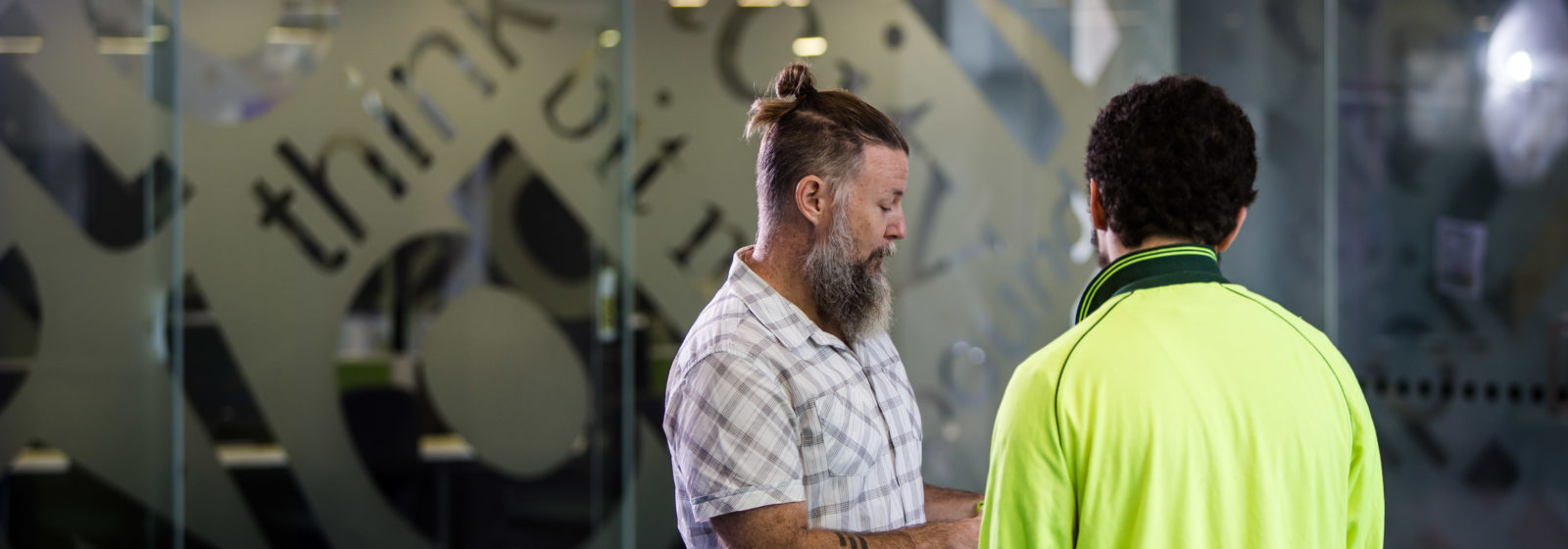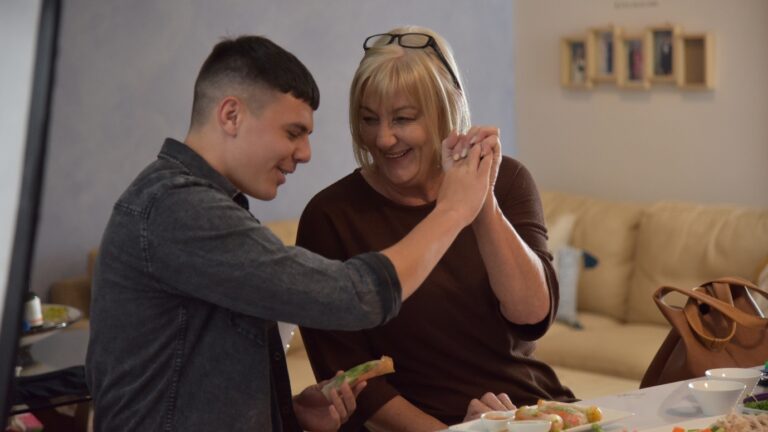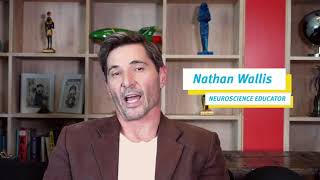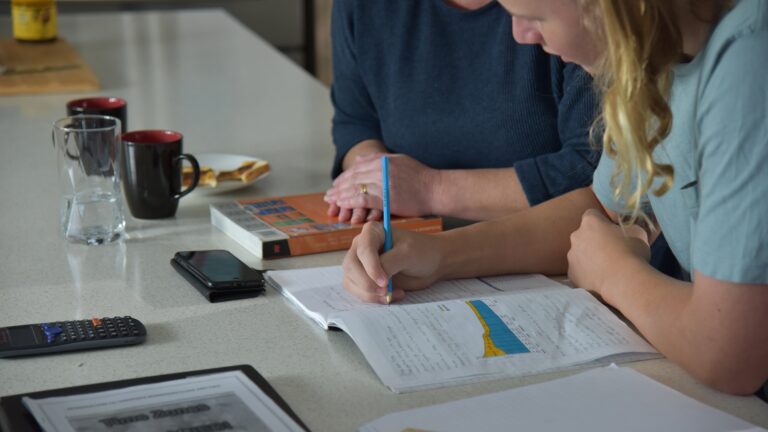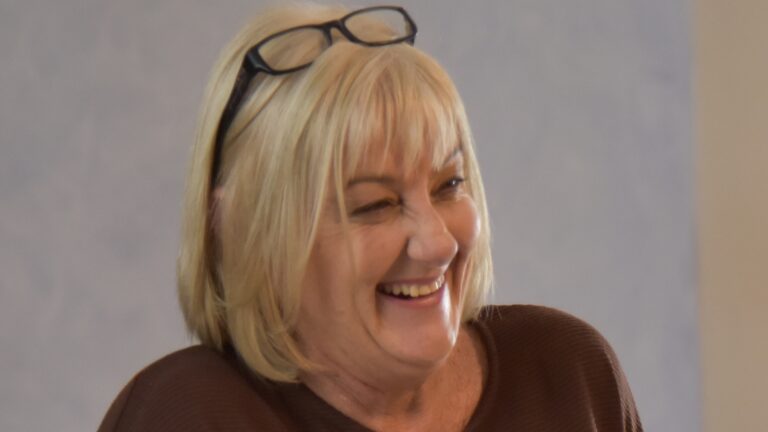Key Points
- Some children and young people do not live with their parents or their parents are not part of their daily lives.
- For these young people, trusted adults such as other family members, neighbours, youth workers, and members of the community can play an important role in their lives.
- Trusted adults can help young people feel more positive about school and learning and can offer practical support and guidance to help young people at school.
- While this ‘Spark their Future’ website might refer to ‘parents’, please read that to mean all trusted adults who provide guidance in a young person’s life.
- Youth workers play an important role in the lives of young people providing support to young people at school and in the community.
- If you are concerned about a child’s mental health and wellbeing, please contact your local youth service, Beyond Blue (1300 22 4636), Lifeline (13 11 14) or KidsHelpline (1800 551 800).
Youth Affairs Network of Queensland (YANQ) is the peak community youth affairs body in Queensland. It represents over 670 individuals and organisations from Queensland’s youth sector and works to promote the interests of Queensland’s young people through lobbying and campaigns, disseminating information, making representations to government, and contributing to policy development. With its members, YANQ advocates for young people and recognises the vital role youth workers and other trusted adults play in the lives of young people, especially those who do not live with their parents.
Some children and young people do not live with their parents or their parents are not involved in their daily lives. For these young people, trusted adults such as other family members, neighbours, youth workers, and members of the community can play a vital role in their lives. While trusted adults won’t always have the same access or authority as a parent, they can support and guide a young person towards positive outcomes in their lives. So while this ‘Spark their Future’ website might refer to ‘parents’, please read that to mean all trusted adults who provide guidance in a young person’s life. Here’s some of the ways trusted adults can make a difference in the lives of young people.
Helping a young person find their spark
Research has found that young people who have mentor-like relationships with trusted adults are more likely to complete the tasks they start, remain calm in the face of challenges, show interest in learning new things, and engage in activities at school. Trusted adults can help young people find their spark – that interest or hobby that energises them and gives them a sense of purpose in their life. By being interested and motivated by something, young people learn how to learn, build a sense of self, and experience what it feels like to succeed.
Overcoming barriers to education
Some young people have to deal with such complex situations or crises that it can affect their ability to engage while at school or even make going to school beyond their reach. At such times, youth workers, social services and other trusted adults can provide critical support for these young people by helping them keep their return to education in the picture despite what they might be dealing with. They also work with schools and educators to find flexible ways to support a young person’s ongoing education while their personal issues are being managed, and can find ways to achieve a positive return to education for young people who might have stopped going to school.
Youth work is a highly skilled and unique practice that supports young people experiencing complex circumstances. Youth workers have specific skill sets that helps them build trusting relationship with young people. They assist young people to make informed choices about issues impacting on their lives including their engagement with education and other forms of learning. YANQ as the peak body for the youth sector in Queensland undertakes research and provides information and support for youth workers to ensure they are suitably equipped to work with young people.
Being positive about school
Trusted adults have a big impact on a child’s attitude to school and learning. Young people watch and listen to what adults say even if sometimes it seems like they don’t! So when young people hear trusted adults being positive about school and talking about the possibilities that education can open up for a person, it can plant a seed that, with the right support, can flourish. If you are a trusted adult in a young person’s life, talk to them about how important learning has been in your life. Tell them about your successes and also your mistakes and how you have used difficult experiences to do better next time. Let them know how much you use learning in your daily life and how staying curious and continuing to learn makes life much more interesting.
Providing practical support
Trusted adults can offer the kind of practical support that many children and young people need to succeed at school. For some young people, having a trusted adult to help them with their reading or finding materials for a school assignment can make all the difference. Trusted adults can also help young people establish routines which can help teenagers grappling with the rapid growth of their brains by bringing structure and predictability to their world. Offering to do some kind of physical activity with a young person – a bushwalk, swimming, or a dance class – can strengthen their mental and physical health and also help them learn.
Offering guidance through change
When children and young people are making important transitions like moving from primary school to high school or finishing Year 12, the presence of a trusted adult can make a big difference. Sometimes young people need help with the practical stuff like learning how to get the bus to and from school or buying their school uniform or equipment they will need for school. Some young people might just need a quiet space where they can study or someone to talk to about their day. As they move towards the senior years at school and start planning for life after they leave school, teens may need help making choices about what learning pathway they want to follow and what they want to do when they finish school.
Recognising the vital role of youth workers
Youth workers play an important role in the lives of young people, supporting them in many parts of their lives and within the context of their culture and identity. Youth workers help protect the rights of young people and also support their practical needs such as finding accommodation or housing, helping them to access training and employment services, and providing advice and counselling. Some youth workers also work in schools, liaising between students, school teams, and the parents or carers of students who experience educational, social, emotional or behavioural problems.
Youth workers consider a young person within their social context rather than in isolation. It is often the connection of youth workers to the community and broader social networks that allows them to support young people who may be facing a range of complex issues. Although youth workers consider young people as their primary consideration, they also work closely with a range of people including families, teachers and other service providers.
Visit We the Differents
We the Differents is a partner site to this website. It targets young people, supporting them to stay engaged in their education with tips and ideas for staying on track at school and ways they can get help if they need it. As a youth worker or trusted adult, you may find it easier to tackle tricky topics by sharing articles from this site or even talk about information on the site if a young person is open to it.
Speak to the school
Schools work hard to engage every student in their learning and help them feel a sense of belonging within their school community. If you have concerns about a child or young person, and you have the appropriate consent, then you should speak to the school and see what help they can offer. You can also support a young person who wants to talk to the staff at their school and would like a trusted adult to be with them when they do it.

If you’ve worked with the school and your child is still not engaged?
If you have worked with the school, and the child or young person is still not engaged at school, then you should contact your local regional office to seek support. Each regional office has a team of experts who understand how the education system works, have strong connections with local schools, and who know how to get support for young people who are struggling at school.
And if a young person refuses to go to school?
And if you and the school have tried everything and the young person still refuses to go to school, it might be time to call a Regional Youth Engagement Service (RYES). They work with disengaged young people using individualised support and plans to reconnect them with an education, training or employment pathway. This fact sheet provides contact details for each local RYES.
Seek professional help if you need it
And remember, if you are concerned about a child’s mental health and wellbeing, please contact, Beyond Blue (1300 22 4636), Lifeline (13 11 14), KidsHelpline (1800 551 800) or your local youth service.
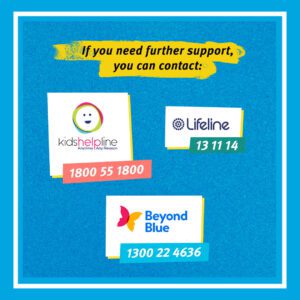
Find out more
Youth Affairs Network Queensland.

Note: This site is designed to help parents, carers and other trusted adults such as youth workers to support young people to find their way at school and in life. If you are a trusted adult in a child or young person’s life, the word ‘parent’ in our articles can also be read as ‘important adult’.
Last Updated: 22 February 2024

